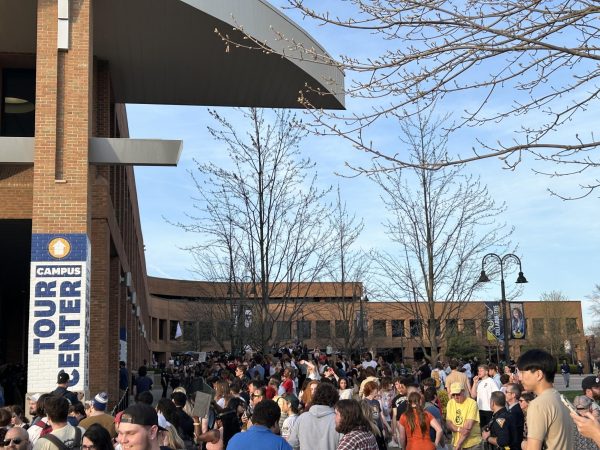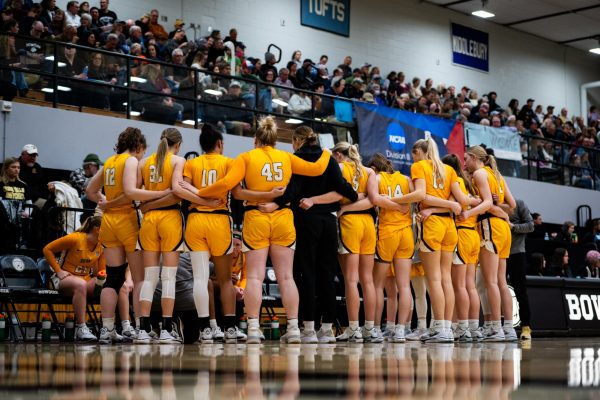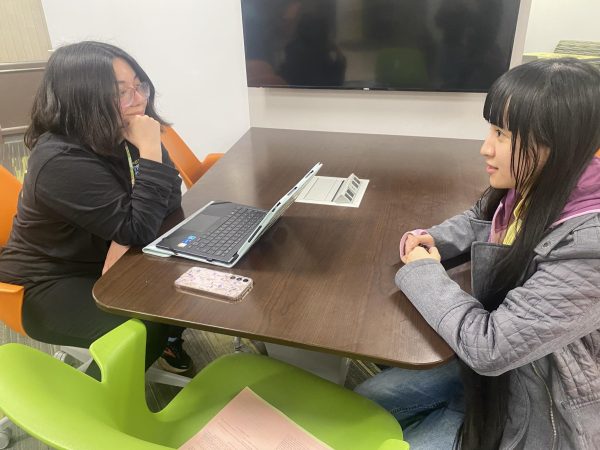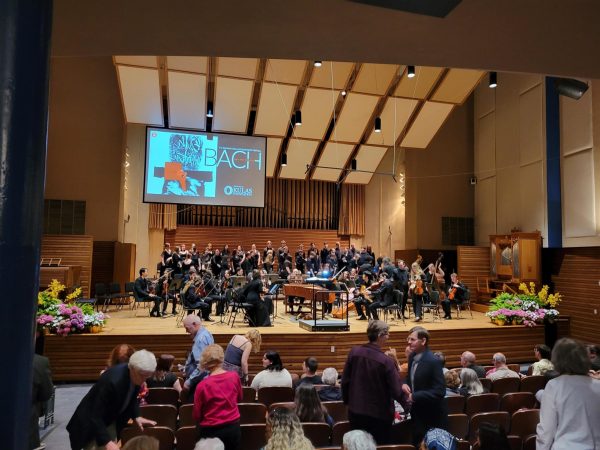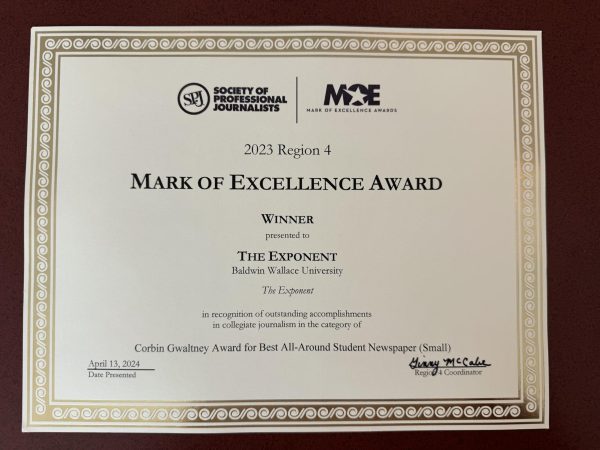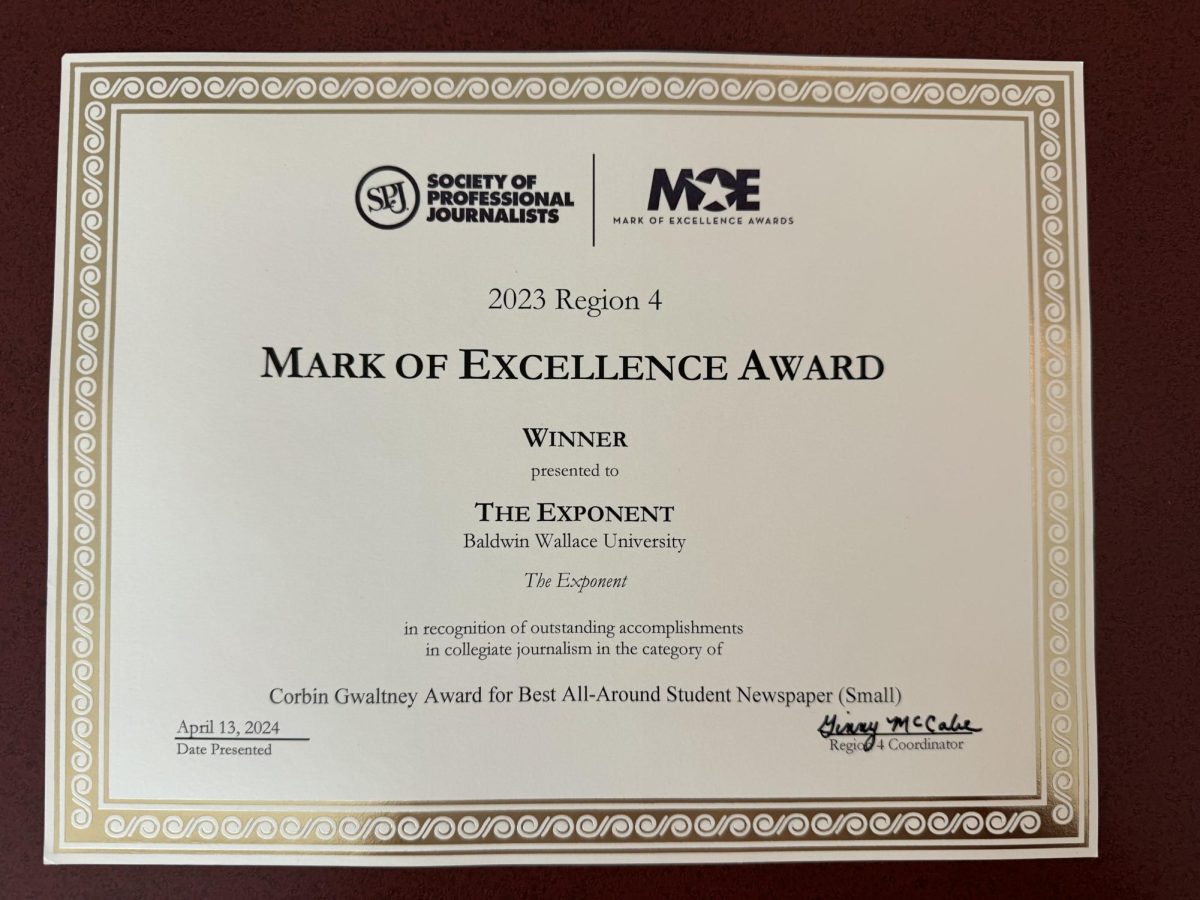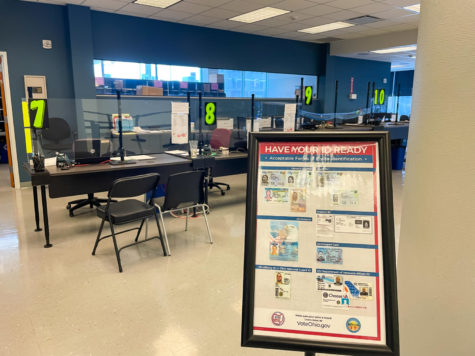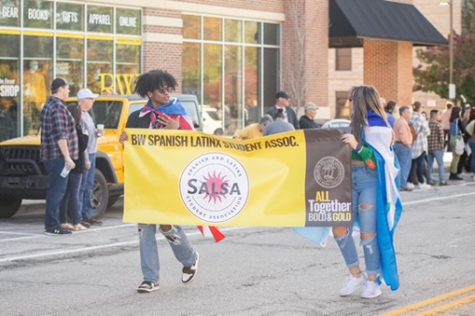Generational Stereotyping
Generational stereotyping is the most blatant discrimination I deal with on a daily basis. As I am a minority woman, this may come as a surprise. American news is saturated with racial confrontations, gender confrontations, partisan confrontations, and sexuality confrontations; but there is little mention of generational confrontation. I will hear, occasionally, of my peers bashing the older generation in politics for being archaic, but we seldom talk about the everyday disagreements and misunderstandings that our generation has with other generations.
The place I see this break in communication the most is in the classroom. I commonly hear professors tell students that they are not surprised by the lack of interest students show toward a particular topic. Then, they fail to address why students might not care in the first place. Professors try to force dense and pretentious readings about ordinary subjects down students’ throats. Above all, these readings are usually written by white men. As BW is a liberal arts college, there remains an expectation of learning about the multitude of opinions and narratives in the world, yet we seem to only read one viewpoint on so many controversial issues. I cannot iterate enough how many times a white male professor has told me that he is not racist. Trust me when I say that I did not think you were racist until you had to clarify it.
I am tired of professors telling me that we do not have enough time to read the one Indian woman voice on a topic, yet we somehow have enough time to read three outdated readings by the same elderly, white man. I am tired of minority voices being the first voices cut out of a classroom. Women, Global South, LGBTQ, racial minorities, these are the voices that need to dominate our classrooms. Saying, “the future is female,” means nothing if the only voices this generation hears now are male. How can we call ourselves part of a global society when the main narratives we read in an international development course are white?
I do not mean to generalize white people. I know this is not their fault. I am not blaming anyone. I know that they did not choose to be white, just as I did not choose to be the daughter of an immigrant. I know that the term “white” is an invention of American culture. White people are just as diverse as the next person. Their ethnicity is not “white.” I often hear of my peers criticizing white people for saying they are 20% something, and 5% something else, and 75% of something else altogether. Diversity is not a competition. White people have the blood of historically warring nations running through their veins; they have conflict and prejudice built into their history as well. Racism cannot be monopolized by any one race; we must stop pretending that the plights of Japanese Americans, or African Americans, or Mexican Americans, or Jewish Americans are somehow unconnected. We must remember, above all partisan differences, above all religious disparities, the most important part of our identity ends in the same word: American. The idealization of our nation started from a young age and the splicing of our country’s unflattering history has been damaging to us. By cutting out the historical prejudice and mistakes of our nation, we have also forgotten how we have overcome our country’s blunders. By removing the voices of the minority, we forget that there has always been a minority.
So maybe it is not such a bad thing that all of us are shoved into the same generational stereotype. I want us, as millennials, or whatever they are calling us now, to bond together over the fact, that despite our differences, we are more similar than we think. A Republican Millennial has more in common with a Liberal Millennial than with a Republican Baby Boomer. We are all worried about jobs and careers; we all worry about government and war; we all rejoice over the successes of our nation. When we are pitted against each other over our differences we lose the strength of unity. We have the power to change the face of this country; the next chapter in America’s history belongs to us. The underestimation of our political, economic, and social sway in America may just work out in our favor; they will not see what’s coming. I do not even think we know what’s coming, but whatever it is, we have the choice to stand together and face it as one.
The Exponent is looking for financial contributions to support our staff and our newsroom in producing high-quality, well-reported and accurate journalism. Thank you for taking the time to consider supporting our student journalists.


